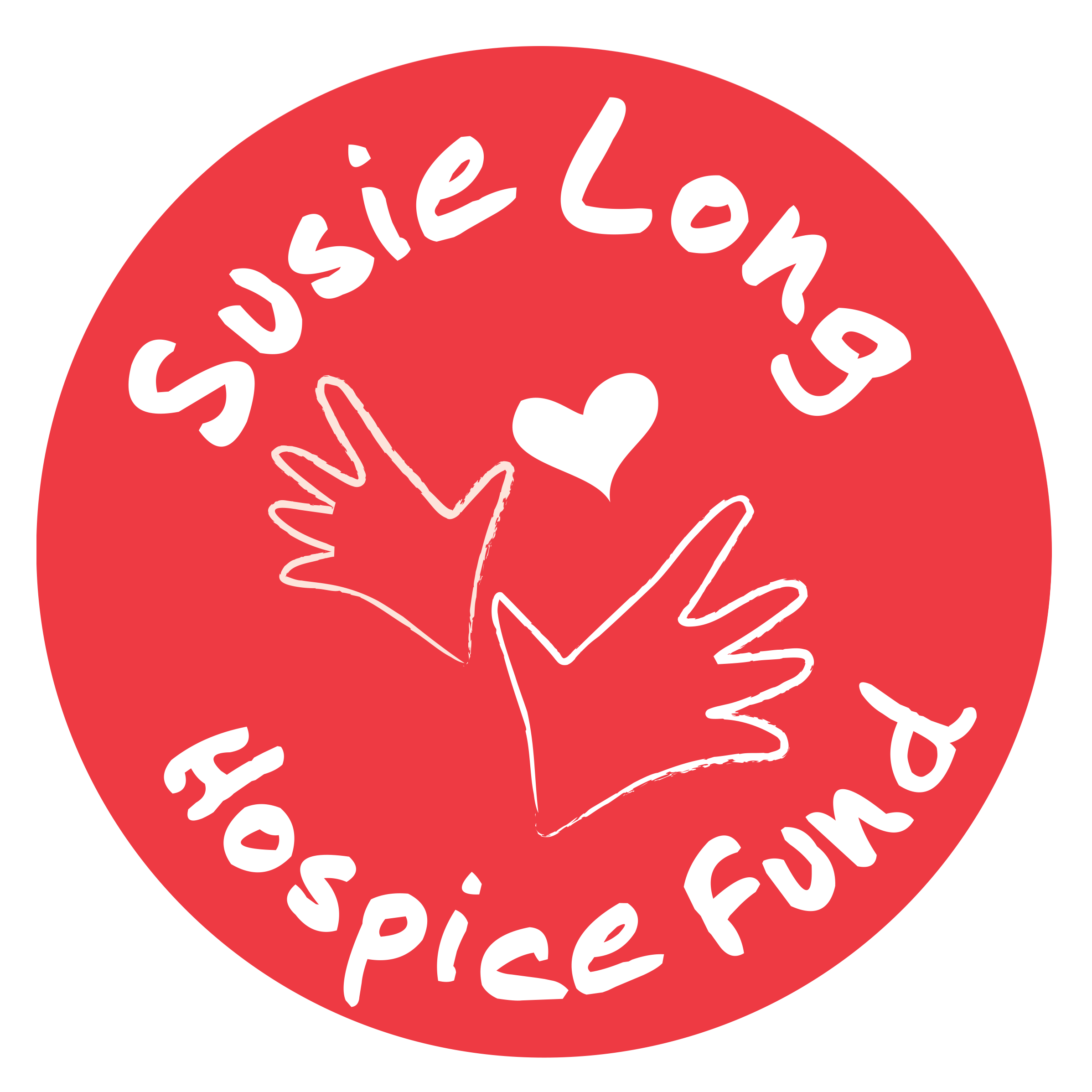Susie's story:
Susie Long was born in Ohio, USA. In 1984, directly after finishing high school, she travelled to Ireland, leaving the America of Ronald Reagan, cold war politics and militarism to find her spiritual home here. Susie became a socialist, a member of Amnesty International, a home-birth advocate, an environmental campaigner and a defender of women’s rights. In her last few years she was proud to work for the Kilkenny Women’s Refuge.
Susie died of bowel cancer on 12th October, 2007. Aged 42, she left behind her son Fergus (14), daughter Áine (19) and husband Conor Mac Liam.
Susie posthumously named Kilkenny Person of the Year, November 2007.
Pictured from Left: Áine, Conor and Fergus with Marie Fitzpatrick (Kilkenny Mayor).
Having approached her GP in the summer of 2005 with a number of symptoms, Susie was referred for a colonoscopy. In the seven months that she waited for this test, her as yet undiagnosed cancer spread. By the time she was diagnosed, it was too late to save her.
Susie did not have private health insurance as she did not believe it right to skip the public queue. Unfortunately, the public waiting list had grown large due to the lack of a day ward in St Luke’s Hospital in Kilkenny. During a chemotherapy session in January 2007, she discovered that another patient, who had private insurance, had been diagnosed within 3 days of being referred and was going to recover.
That same evening she saw a TV advertisement recommending that people get checked early for bowel cancer, as it could be a matter of life or death. This was more than Susie could take. Under the pseudonym “Rosie”, she wrote an email to the Liveline radio show to expose the two-tier health service and how it had condemned her to die simply because she was a public patient.
Joe Duffy interviewed her the next day and a huge reaction from the public generated a substantial national debate on the issue, which is ongoing today. The numbers of people who rang the show, confirming the existence of a slow lane for public patients, smashed the myth that all were treated equally on the basis of medical need.
Susie’s courage in highlighting the issue and refusing to die quietly led to apologies from the Taoiseach and the Minister for Health. After a motion dealing with the state of cancer services was put down by independent deputies in the Dail, the Minister for Health announced the provision of monies for a day ward in St Luke’s Hospital, Kilkenny.
By August 2007, Susie’s condition had deteriorated so much that she had to move to Dublin to avail of hospice services. From Our Lady’s Hospice in Harold’s Cross, she was interviewed by RTE's Prime Time, the national current affairs TV programme. During this interview, she outlined her belief in the need for a properly-resourced public health system in which all would be treated equally and appropriately.
Susie, Conor and RTE's Miriam O'Callaghan
When Susie died a month later, she had already become an icon for the campaign for the type of public health system she had advocated. Her courage inspired many and, in recognition of her legacy, some of Susie’s friends decided to work together for the establishment of a hospice in Kilkenny, so that others in the area could benefit from the services for which Susie herself was forced to travel to Dublin.


